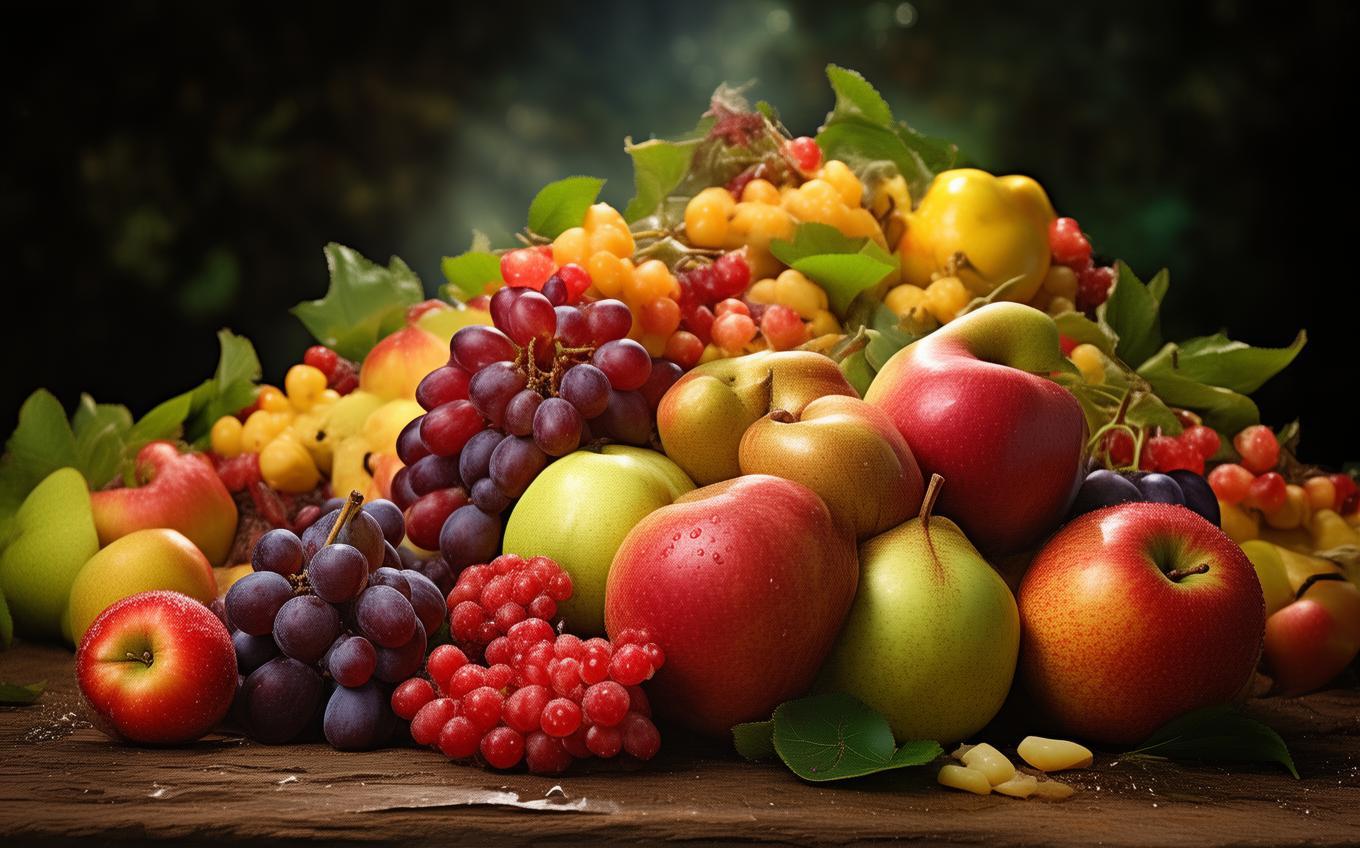Understanding "水果" - Chinese Word Explanation
1. Basic Information
- Word: 水果
- Pinyin: shuǐ guǒ
- Literal Meaning: "water fruit"
- Primary Meaning: "fruit" (referring to edible, sweet, or savory plant products like apples, bananas, etc.)
2. In-depth Explanation
Context and Usage
"水果" is the general term for "fruit" in Chinese. It is used in everyday conversations, menus, and markets to refer to fresh fruits. Unlike English, where "fruit" can be both countable and uncountable, "水果" is typically treated as a collective noun (uncountable) in Chinese. For example, you’d say "一些水果" (some fruit) rather than counting individual fruits unless specified.
Character Breakdown
- 水 (shuǐ): Means "water." In this context, it hints at the juicy or hydrating nature of fruits.
- 果 (guǒ): Means "fruit" or "result." Here, it directly refers to the edible part of a plant.
Together, the term emphasizes the natural, juicy quality of fruits.
3. Example Sentences
-
Chinese: 我喜欢吃水果。
Pinyin: Wǒ xǐhuān chī shuǐguǒ.
English: I like to eat fruit. -
Chinese: 每天吃水果对身体好。
Pinyin: Měi tiān chī shuǐguǒ duì shēntǐ hǎo.
English: Eating fruit every day is good for your health. -
Chinese: 这个市场的水果很新鲜。
Pinyin: Zhège shìchǎng de shuǐguǒ hěn xīnxiān.
English: The fruit at this market is very fresh.
Cultural Notes
In Chinese culture, fruits are often associated with health, prosperity, and symbolism. For example:
- Apples (苹果, píngguǒ) symbolize peace because the word sounds like "peace" (平, píng).
- Oranges (橙子, chéngzi) are popular during Lunar New Year for their association with luck and wealth (the word sounds like "success" in some dialects).
Fruits are also common gifts during festivals or visits to friends and family.
Conclusion
"水果" (shuǐ guǒ) is the essential word for "fruit" in Chinese, combining the ideas of juiciness ("水") and edible plant products ("果"). Use it broadly to refer to fruits in general, and remember its cultural significance in gifts and celebrations!




Comments (0)
No comments yet. Be the first to comment!